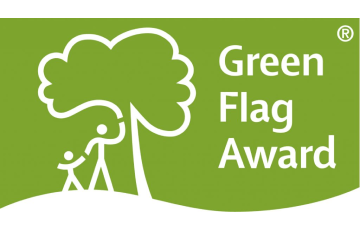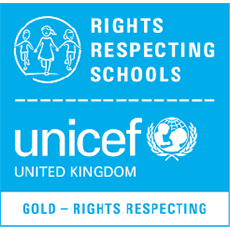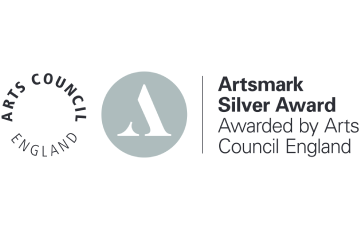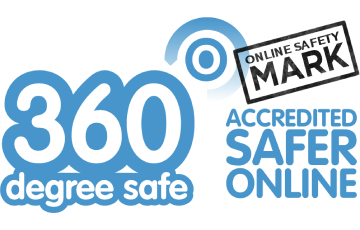- Home
- Classes
- All About Lyme
- Our School
- Vision and Values
- Prospectus
- Staff
- Breakfast and After School Club
- Corporate Social Responsibility
- Online Safety
- Pastoral Support
- Rights Respecting School
- School Holiday Dates 2024-25
- School Holiday Dates 2025-26
- School Meals
- School Opening Times
- SEN and Adaptive Teaching at Lyme
- Uniform
- Wrap Around Care at Lyme
- Young Carers
- Activities
- Extra Curricular Activities
- Academic Enrichment
- Forest School
- Easter Journey for Y5
- Send My Friend to School Campaign
- World Book Day 2019
- Lyme's Anti-Bullying Video
- Staying Safe Online!
- Extreme Reading
- HEALTH AND WELL-BEING WEEK 2019
- SPORTS DAY 2019
- ARTS WEEK 2019
- SCIENCE CLUB 2019
- SCIENCE WEEK 2019
- Learning Challenge Curriculum Exhibition
- Sports Relief 2018
- Social Enrichment
- Residentials and Trips
- School Money
- School Spider Parent App Guide
- Governors
- Curriculum
- British Values
- Curriculum
- Early Years Curriculum
- Maths
- Overviews for Parents Autumn 1 2024
- Overviews for Parents Autumn 2 2024
- Overviews for Parents Spring 1 2025
- Overviews for Parents Spring 2 2025
- Overviews for Parents Summer 1 2025
- PATHS
- Personal Development
- Phonics
- Reading
- Subjects
- Writing
- English and Maths End of Year Expectations
- Assessment
- Statutory Assessments 2024/25
- Protected Characteristics
- Newsletters
- Parent Voice
- Pupil Leadership
- Safeguarding
- Statutory Information
- Pupil Voice
- Contact
Neglect
Neglect is the ongoing failure to meet a child's basic needs and the most common form of child abuse. A child might be left hungry or dirty, or without proper clothing, shelter, supervision or health care. This can put children and young people in danger. And it can also have long term effects on their physical and mental wellbeing.
Types of neglect
Neglect can be a lot of different things, which can make it hard to spot. But broadly speaking, there are 4 types of neglect.
Physical neglect - A child's basic needs, such as food, clothing or shelter, are not met or they aren't properly supervised or kept safe.
Educational neglect - A parent doesn't ensure their child is given an education.
Emotional neglect - A child doesn't get the nurture and stimulation they need. This could be through ignoring, humiliating, intimidating or isolating them.
Medical neglect - A child isn't given proper health care. This includes dental care and refusing or ignoring medical recommendations.
Signs of neglect
Neglect can be really difficult to spot. Having one of the signs doesn't necessarily mean a child is being neglected. But if you notice multiple signs that last for a while, they might show there's a serious problem. Children and young people who are neglected might have:
poor appearance and hygiene
health and development problems
housing and family issues
change in behaviour
Effects of neglect
Neglect changes childhood. Children who've been neglected might experience short-term and long-term effects. These can include:
problems with brain development
taking risks, like running away from home, using drugs and alcohol or breaking the law
getting into dangerous relationships
difficulty with relationships later in life, including with their own children
a higher chance of having mental health problems, including depression.
Who's at risk
Any child can suffer neglect. But some children and young people are more at risk than others. These include children who:
are born prematurely
have a disability
have complex health needs
are in care
are seeking asylum.
Other problems and life circumstances can make it harder for parents and carers to meet their child's needs. When one or more of these issues occur, it can put a child at risk of neglect.
Domestic abuse
Drugs or alcohol
History of abuse
Learning disabilities
Mental health
Living in poverty
Lack of support
If you have concerns about a child please report it!
Designated Safeguarding Lead - Mrs. Roberts – Headteacher
Deputy Designated Safeguarding Lead - Mrs. Lammond – Pastoral Lead
Safeguarding Governor - Mrs. Unsworth
Email: lymecpsafeguarding@sthelens.org.uk
Lyme Community Primary, Lyme St, Newton-le-Willows WA12 9HD











